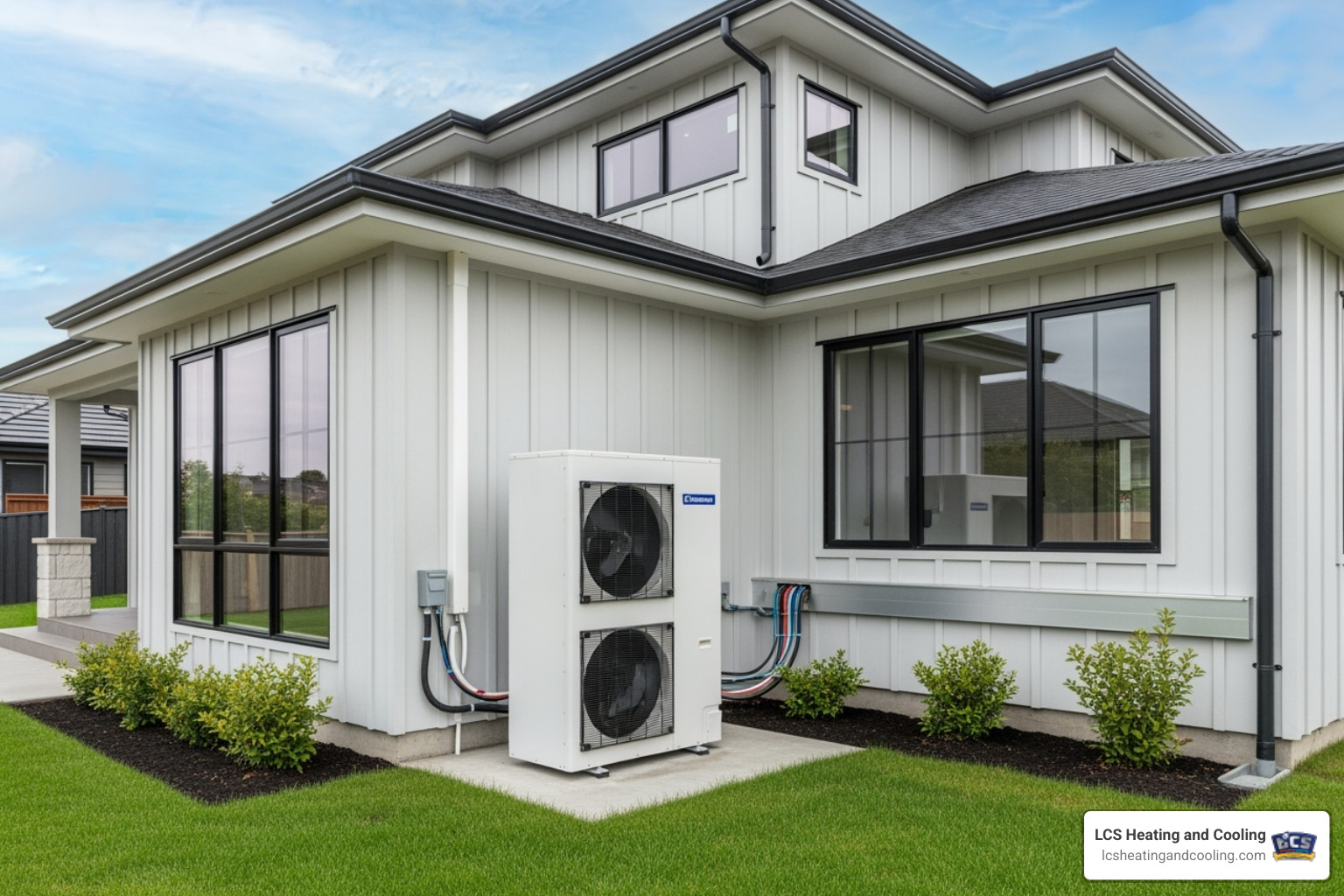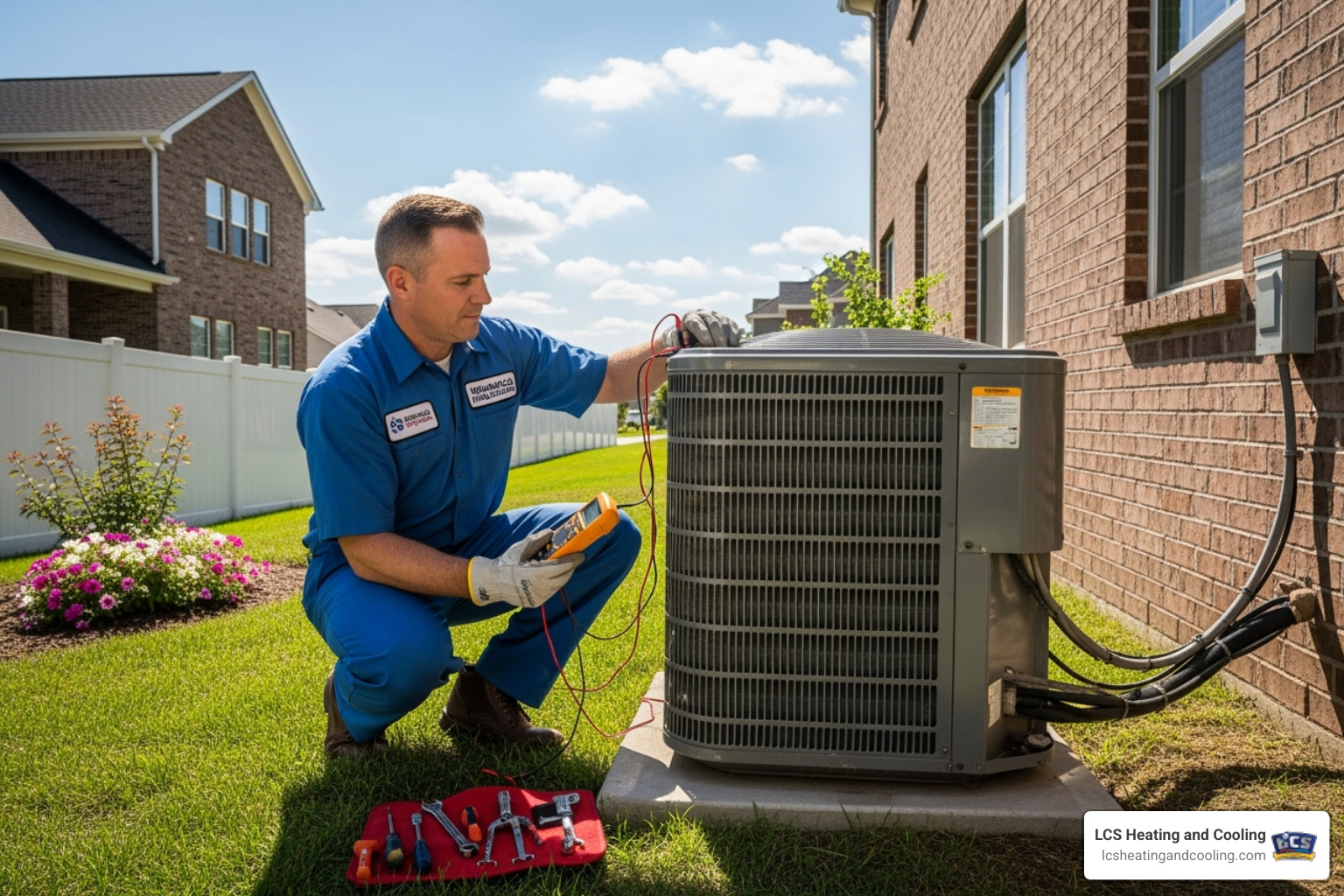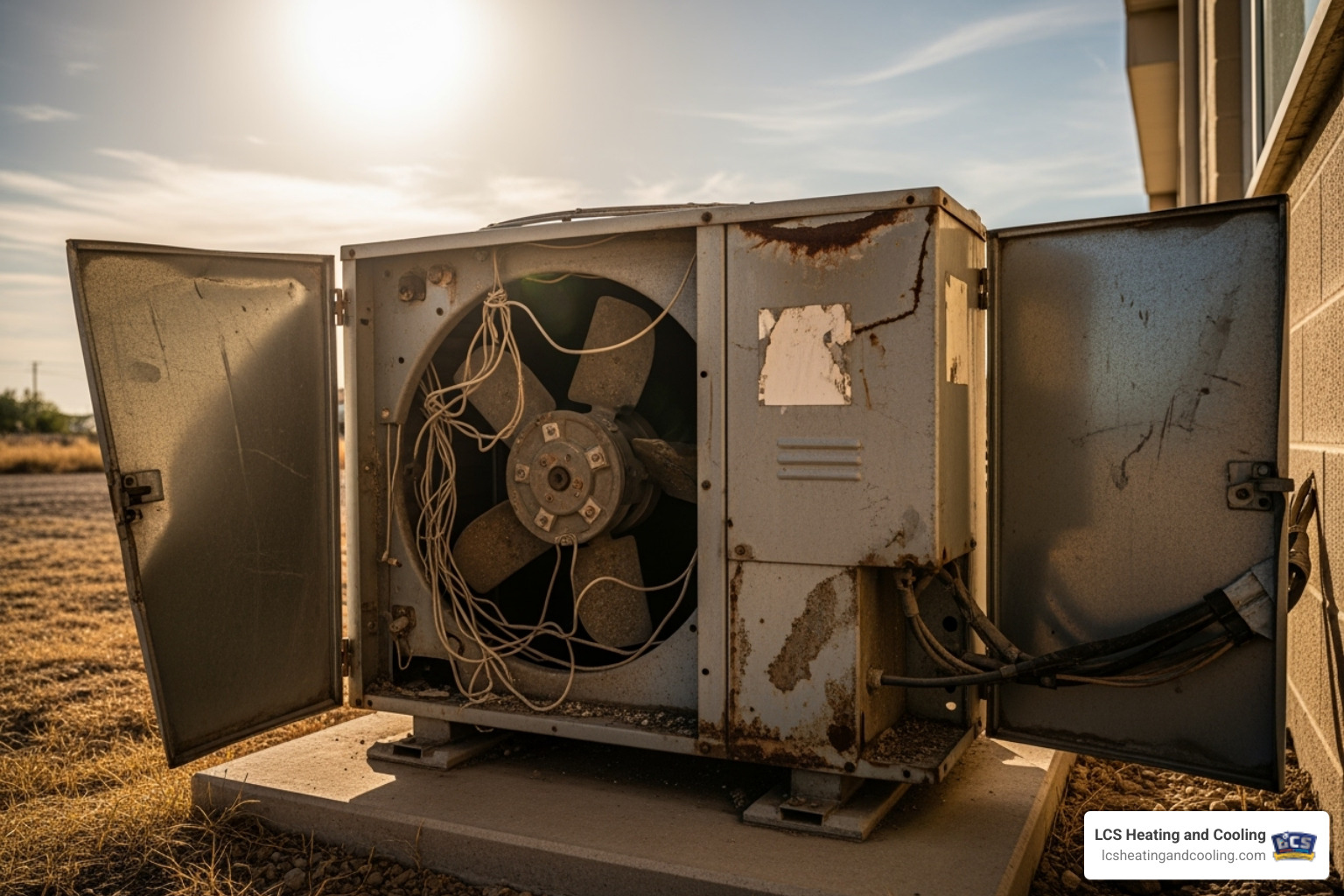Your Guide To Furnace Installation: Choosing The Right System For Your Home
As winter approaches in Indianapolis, it becomes crucial to have a dependable and efficient heating system in place to ensure your home remains comfortable during the colder months. While many households rely on their current furnace to keep them warm, eventually, the time will come to invest in a new, more efficient furnace that offers improved performance, greater energy savings, and enhanced home comfort.Through this guide, LCS Heating & Cooling will walk you through the process of choosing the right furnace for your home, taking into account important factors such as your home’s size, heating requirements, and energy efficiency. We’ll also discuss the benefits of hiring a professional team to handle your furnace installation, ensuring your chosen system performs optimally, and saves you money in the long run.
Factors to Consider When Choosing a New Furnace
As you prepare to invest in a new furnace, it is important to consider several factors to ensure you select the most suitable heating system for your home. Let’s dive into these critical aspects and how they play a role in determining the best furnace for your needs:
Size and Heating Capacity
An appropriately sized furnace is essential for achieving maximum efficiency and comfort in your home. A furnace that is too small will struggle to heat your house adequately, while an oversized unit will cycle on and off frequently, leading to energy waste and decreased lifespan. A professional furnace installer will perform a load calculation, taking into account your home’s size, layout, insulation, local climate, and other factors to determine the correct size and heating capacity for your new furnace.
Fuel Type
Various fuel types can power furnaces, including natural gas, electricity, propane, or oil. When selecting a furnace, it’s essential to consider each fuel source’s availability, cost, and efficiency. For many homeowners in Indianapolis, natural gas tends to be the most popular choice due to its affordability and widespread availability. However, other fuel sources may also be viable, depending on your region, budget, and personal preferences. It is best to consult with a professional to decide which fuel type is the most cost-effective and suitable for your situation.
Energy Efficiency
Energy efficiency is critical when choosing a new furnace, as it directly impacts your energy bills and environmental footprint. Furnaces are rated by their Annual Fuel Utilization Efficiency (AFUE) percentage, indicating the amount of fuel converted into usable heat. The higher the AFUE rating, the more efficient the furnace.Modern furnaces come with a variety of energy-efficient features, such as variable speed blowers, two-stage burners, and modulating heating systems, enabling them to adapt their operation according to your home’s heating demand. While energy-efficient furnaces may have a higher upfront cost, they can save you a significant amount on your monthly bills in the long run. Consult with a professional to help you select a furnace with the best energy efficiency for your budget, preferences, and heating requirements.
System Compatibility and Integration
If your home already has a ductwork system in place, it is important to ensure your new furnace is compatible with the existing infrastructure, preventing costly and time-consuming alterations. Furthermore, if you have or plan to install smart home systems, such as programmable thermostats or other integrated systems, it is essential to select a furnace that is compatible with these technologies, allowing you to gain full control over your home’s heating and improve overall efficiency.
The Importance of Professional Furnace Installation
When it comes to furnace installation, enlisting the skills of knowledgeable technicians brings numerous benefits, such as:
- Correct Sizing and Installation: Professionally trained technicians can accurately calculate your home’s appropriate furnace size and heating capacity, ensuring optimal comfort and energy efficiency. Proper installation also helps prevent future issues with your heating system, such as uneven heating or premature equipment failure.
- Safety: Installing a furnace involves handling potentially dangerous materials, such as electricity and natural gas, and requires a thorough understanding of safety protocols. Hiring a professional team guarantees that your furnace installation meets all safety standards and mitigates any hazardous risks.
- Warranty Protection: Many furnace manufacturers require professional installation to maintain your warranty coverage, ensuring that the manufacturer will cover any potential issues. Attempting a DIY installation may void your warranty and leave you financially responsible for any subsequent repairs.
- Time and Cost Savings: While attempting a DIY furnace installation might seem like a way to save money, many homeowners underestimate the complexity of the process and the potential for costly mistakes. Hiring professionals to perform the installation saves time and avoids costly errors that could lead to system inefficiencies, added expenses, or decreased equipment lifespan.
Conclusion
Investing in a new furnace is a pivotal decision for any Indianapolis homeowner. It is important to consider various factors, such as sizing, fuel type, energy efficiency, and system compatibility, to ensure you select the most suitable furnace for your home. Professional installation by experienced technicians further guarantees your heating system’s safe and efficient performance, providing peace of mind and long-term benefits.Our team of skilled professionals at LCS Heating & Cooling is ready to guide you through the process of choosing and installing a new furnace, tailored to your needs and preferences. Contact us today to schedule a consultation and take the first step toward enhanced home comfort and energy savings.


